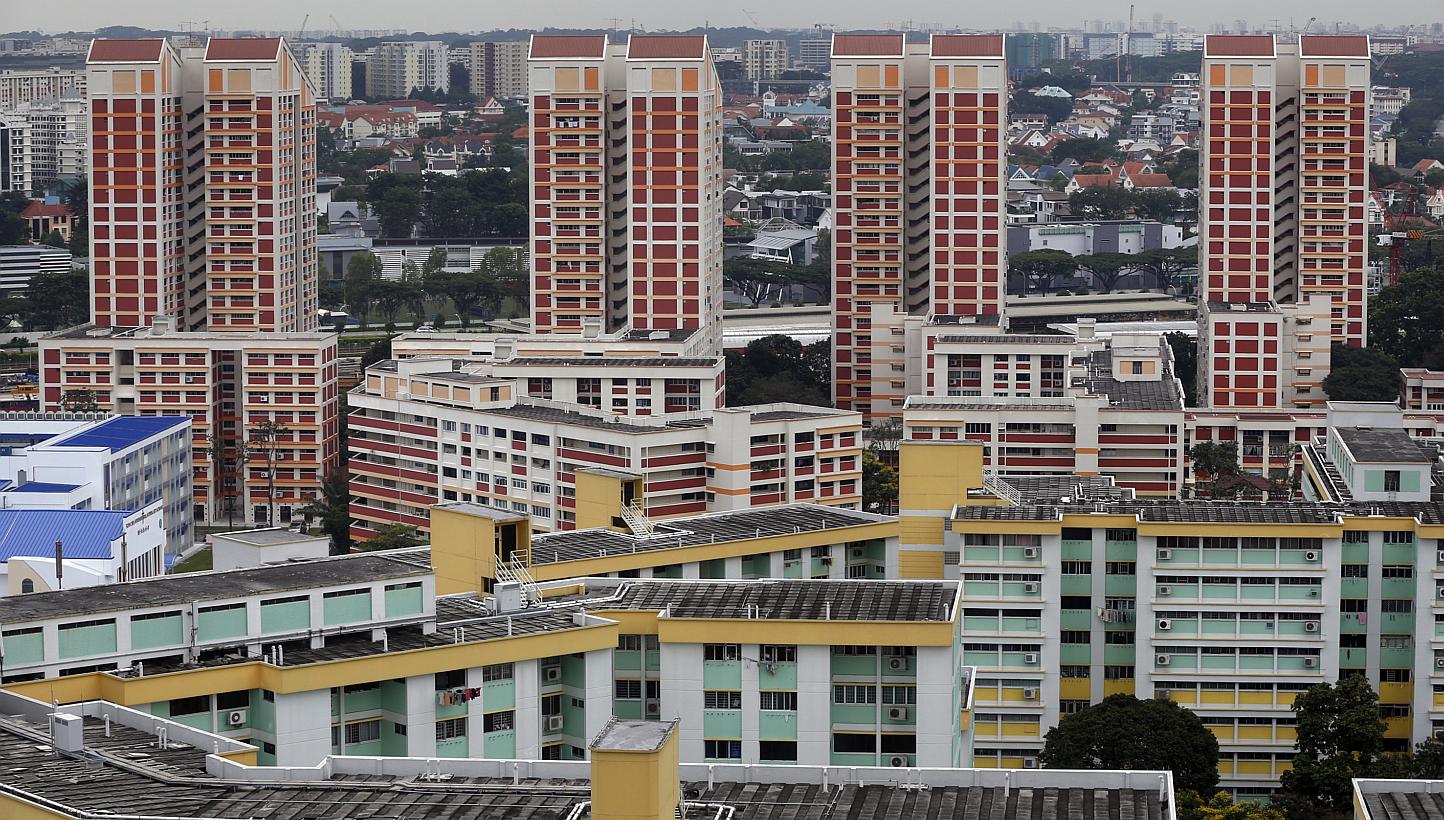Parliament: HDB seized 202 flats in last three years
Sign up now: Get ST's newsletters delivered to your inbox

Janice Heng
SINGAPORE - The Housing Board seized 202 flats in compulsory acquisitions from January 2012 to December 2014, Minister of State for National Development Desmond Lee said in Parliament on Tuesday.
Such action is taken against homeowners who have committed major infringements, such as unauthorised subletting of their flats.
Flats are also seized as a last resort if homeowners persistently refuse to deal with their mortgage arrears despite the HDB's help, said Mr Lee in response to a question by Mr Zainal Sapari (Pasir Ris-Punggol GRC).
For such households, the HDB helps them find alternative accommodation.
Said Mr Lee: "For those who can afford smaller flats, HDB will help them buy one and may offer them another loan for the purchase, if necessary. Those who are unable to afford another flat, and have no family support or other housing option, are allocated rental flats."
The HDB also steps in earlier, by helping families manage their arrears, he added.
From 2012 to 2014, the board has helped 9,752 families to manage their arrears. This includes allowing them to defer their mortgage payments for six months, with the possibility of extension, or letting them pay their arrears in instalments.
The HDB's housing counsellors also look beyond loan measures, added Mr Lee, since mortgage areas are usually a symptom of other difficulties, such as medical or family problems and loss of job.
The HDB therefore works with other agencies, such as Family Service Centres for family counselling or the Employment and Employability Institute for job placement, to help such households.
"It is only when all these attempts to solve the arrears problems fail, such as when homeowners persistently refuse to solve their arrears or work towards a sustainable solution, that HDB has no choice but to exercise compulsory acquisition," said Mr Lee.
The law allows HDB to seize a flat if there are three months' of arrears, but in practice, the HDB spends time working with the affected households to address the issue.
Asked by Mr Patrick Tay (Nee Soon GRC) how much notice affected households are given, Mr Lee said the HDB first issues a notice of intention to compulsorily acquire the flat, and then eventually issues a vesting notice if measures to help manage arrears have failed.
"Between the notice of intention, to the actual acquisition...can be many months, even up to a year or beyond," said Mr Lee.

